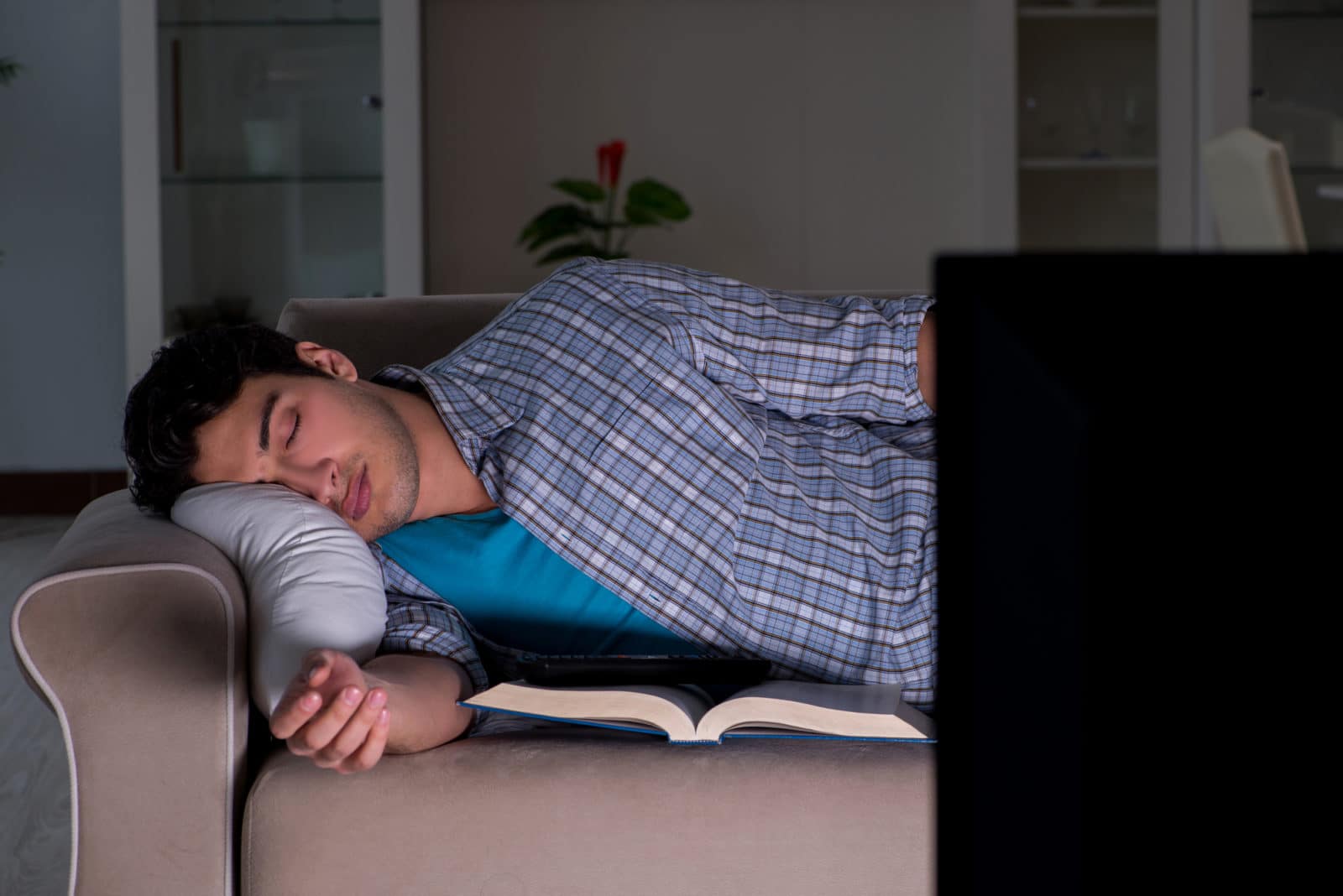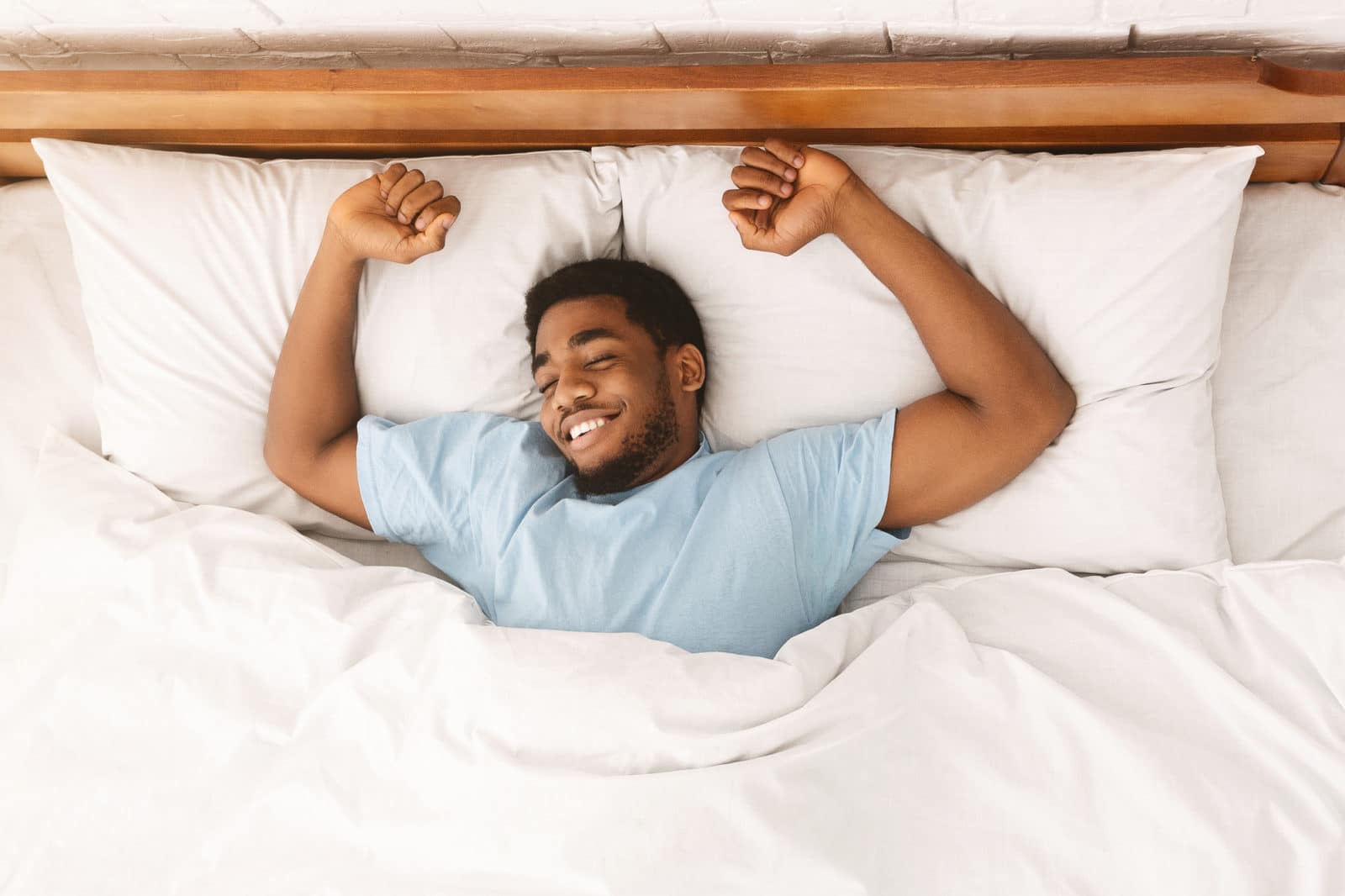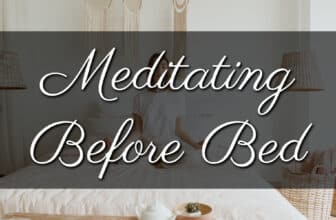Most people sleep on their bed, without question, every night. However, some people claim they get better sleep on their Ottoman couch and others enjoy napping on these comfy lounges. If you happen to belong in this particular population, you may find yourself wondering – is sleeping on the couch a good or bad practice? Is spending long hours on the settee not ideal for your back and neck?
Sit back and relax. We will have all these questions answered; as well as how to settle more comfortably on a settee; and what steps to take to prevent any discomfort after falling into slumber on a couch.
Is There Any Difference?
Sleep plays a significant role in our overall health and wellness. It affects our ability to learn or limit cognitive function if you don’t get an adequate amount. Hence, finding a nice place where you can have a restful sleep is essential.
What Makes Snuggling on a Couch Inadvisable?
In other words, is sleeping on a couch bad for your back? If you have ever woken up from a nap feeling stiff or sore, chances are, you already know whether sleeping on the couch is a sound idea or not. Don’t worry though, you don’t have to beat yourself up about it if you occasionally enjoy dozing off on comfy chaise lounges, just don’t turn it into a routine. Over time, it can lead to more than just simple aches. Sleeping on a couch for years causes spinal misalignment and chronic back pain.
The Consequences
We know couch sleeping can be very tempting but before you snuggle in your favorite nook, consider the following disadvantages first:
1. Inadequate Support

One of the main differences when it comes to sleeping on a couch vs a bed is support. To put it plainly, couches are basically designed for sitting. Of course, there are exceptions, but compared to a mattress which is specifically built to brace your inert form, your favorite long padded seat just doesn’t measure up. Settees are meant for short relaxation. It is not structured to evenly hold up the entire body while in a supine position for a long period.
Spending the night frequently in your soft cozy couch can lead to back problems such as spinal subluxation, a condition commonly known as spinal misalignment. It’s generally characterized by pain in one side of the body, tension or stiffness in the back or neck, or limited movement. In many cases, the transition is gradual and often caused by prolonged and repetitive stress to the spinal column. It is best to lessen the pressure on your back, particularly if you do manual labor or you have one of those jobs that keep you confined to a chair most of the time.
Back pain from sleeping on a couch is inevitable unless you avoid the habit.
2. Sleep Position is Compromised
Snuggling in your favorite divan can often force you to sleep in positions you are not totally comfortable in, especially if there’s not enough space to stretch out your legs. When you sleep on a sofa, you are compelled to curl up or bend in certain unnatural positions just to fit in.
Drifting off in an awkward angle with your hips sank between the cushions and knees overly bent will eventually cause strained muscles and joints. If left unchecked, this poor practice will leave you feeling tired and fatigued every morning. Choose a space that allows healthy resting positions.
3. Too Many Distractions

When you doze in the living room, where that long cushioned seat is usually found, you surround yourself with external distractions that can further interrupt your sleep. This is particularly true if you live with a partner, or you like to watch TV before turning in for the night and keeping it on throughout. There’s also the stereo, cell phones, laptop, or even a leaky tap. The list goes on and all will equate to poor resting conditions.
4. Light, Real and Artificial, Diminishes Sleep Quality
If you are attempting to doze during the daytime, chances are, the living room or wherever the settee happens to be is brighter than your bedroom. Similarly, the glaring blue light emitted from gadgets can diminish your sleep quality.
It is best to sleep in total darkness to maintain your natural sleep-wake pattern or what experts refer to as “Circadian Rhythm“. Light serves as a beacon to your brain and body that it is not the time for sleep yet. It’s a signal that demands you to stay awake which can be troubling when you need a rest.
If your bedroom is truly conducive for relaxation and has proper illumination, you will sleep deeper and better than you hoped for.
5. Sofa Materials Heat Up Faster Than a Mattress
Your settee is not custom-made to regulate the temperature in the advanced way most mattresses are today. Instead, it is designed to be comfortable for a brief period and, likewise, be aesthetically pleasing to those who can appreciate a lovely piece of furniture.
Unlike a mattress, couches do not use gel infusions and moisture-wicking technologies to prevent heating up. This kind of furniture often absorbs a considerable amount of heat and has no way to release it because of reduced breathability in its entire structure. If you’re aiming for undisrupted slumber, a divan is certainly not your ideal resting surface.
6. Couches Collect Germs Rapidly

Your divan is far better in hoarding than the Collyer Brothers. These cushioned lounges accumulate germs from numerous sources and take a lot of effort to clean. Ask your mom. If you are like most people who love to prop their feet on long upholstered seats, well, you’re a regular contributor of microscopic organisms thriving on your divan. You may let pets on the couch, too, or have friends over frequently. Both of which contribute to the collection of dirt and bacteria. Considering this, as well as countless other germ sources, sleeping on the couch can spread contaminants and, therefore, should be avoided.
To add to the problem, your couch is hard to clean. It’s not like you can throw it in with the laundry. You can always spot clean for a few drops of wine, but your beloved seat goes largely without being thoroughly sanitized for long periods.
We recommend reviewing your choices the next time you are tempted to fall asleep on a couch.
Some Advantages
Considering what we have learned so far, it’s quite reasonable to think if there is still any good in drifting off on couches. However, sleeping on a couch instead of a bed has its benefits too, depending on the situation.
Reclining on a sofa while reading or watching late-night news, can be relaxing. Of course, moving to the bed once you’re done would ultimately be more beneficial.
A divan will likewise come in handy if you are badly in need of a short power nap. Brushing aside the constant discomfort and disconcerting temperature, you may have probably asked yourself – why do I sleep better on the couch? Often it can be due to subtle conditioning that you have recurrently put yourself through. Most people have a nighttime routine and if it includes resting on a settee as you approach slumber, you may have trained yourself to fall asleep there. Frequent dozing on a couch could also be a sign of insomnia.
Quick Tips to Remember Either Using a Bed or a Couch:
- Try wearing an eye mask while you sleep. This can help provide you with enough darkness and start your circadian rhythm.
- Earplugs can minimize external sounds that may disrupt your sleep, particularly for light sleepers.
- Aromatherapy can calm your senses and soothe the pressure from a day’s work. This holds true in dealing with stress. Lavender and chamomile scents are effective in relieving anxiety and tension; leading to complete relaxation and restful, sustained sleep. Avoid the smell of smoke, too.
- Plants can help create a soothing environment while cleaning the air.
- Natural sleep aids like valerian root can help promote deep slumber.
- Consulting your physician if you can’t obtain any relief is a sensible option. A medical condition may be affecting your ability to rest.
Pieces of Advice If You Have to Sleep on a Couch
In some cases, like when you visit a friend, you may find yourself having no other choice but to sleep on the sofa. When this happens, there are a few things you can do to make your sleepover a bit more comfortable. Although we don’t recommend sleeping on the couch every night, these tricks can help teach you how to sleep on a couch when necessary.
1. Make More Space
Remove the back cushions on the couch if they are not attached to free up extra space. Depending on the structure, this will give you more room for spreading your arms and legs out a bit while you sleep.
2. Check Your Position

A proper position is important if you can’t stretch out due to limited room. Try hanging your legs or arms over the edges of this padded seat, or curl up in a fetal position. If you prefer the latter, it’s more advisable to sleep on your left side to prevent heartburn especially if you had a hearty dinner less than two hours ago.
3. Get Yourself a Good Pillow
Use a full-size pillow so your neck is appropriately supported. You may not have the luxury of a mattress, but do yourself a favor and don’t skimp on the pillow as well. A proper headrest can prevent unnecessary strain on your neck.
4. Cover the Entire Length
Use a cotton sheet to cover the surface of the couch. This will keep you from getting roused up in the wee hours due to heat and uneasiness, particularly if you’re on a leather sofa. A bed sheet will also ensure you are lying down on a cleaner surface and not resting your face where someone else’s feet had been
5. Roll Some Blankets
Use a blanket for added comfort. You may even want to consider folding or rolling up blankets to create extra support or fill in any gap in the seat cushions so you have a more consistently flat surface.
How to Cope After Spending a Night on a Sofa

If you are experiencing pain or discomfort from drifting off on a couch, try these stretching options for temporary relief:
- Neck rolls and stretches
- Shoulder twists and stretches
- Spinal twists
- Hip opening stretches
- Leg stretches, both seated and standing
Now It’s Up to You!

Drifting off on the couch has pros and cons. Nonetheless, the cons certainly outweigh the pros. To summarize the main complications associated with spending too many nights on a sofa, we have: lack of proper support, chronic tension and pain, a compromised sleep position, exposure to a multitude of disease-causing bacteria, an unfavorable resting environment that is too bright to promote solid sleep, abundant distractions, and lounge materials that has a substandard breathability which ultimately leads to feeling hot during sleep.
Instead of trying to deal with these drawbacks and insisting on sleeping on the couch, we suggest reconsidering these options to spare yourself from restless evenings and avoidable health issues. Nothing beats a firm mattress if you wish to sleep like a baby!
Additional Resources
- Sleeping Without a Pillow
- Types of Mattresses
- How to Sleep on Your Back
- Apple Cider Honey and Vinegar for Sleep
- Best Direction to Sleep






